S Jaishankar is heading to the Maldives today (August 9) on an official visit.
Jaishankar will be in Maldives till August 12 and is expected to several meet high-ranking officials including President Mohamed Muizzu.
“Maldives is India’s key maritime neighbour and an important partner in India’s ‘Neighbourhood First’ policy and our Vision ‘SAGAR’, that is, Security and Growth for All in the Region,” the Ministry of External Affairs said in a statement.
But what do we know about the visit? Why is it significant for India-Maldives ties?
Let’s take a closer look:
What do we know?
Jaishankar’s three-day trip is the first high-level visit from India to the Maldives since Muizzu, who is thought to be pro-China, was sworn in as Maldives’ president in November 2023.
As per The Print, Jaishankar is expected to meet President Muizzu and Maldivian Foreign Minister Moosa Zameer.
Sources told the outlet Muizzu could possibly visit India in September.
Muizzu in June visited India for the swearing-in of Prime Minister Narendra Modi for his third term.
It was Muizzu’s first visit to the country since taking office.
Quick Reads
View All“The visit follows the recent visit of the President of the Republic of Maldives, Mohamed Muizzu, to India for the swearing-in ceremony of the new Cabinet and Council of Ministers,” the MEA statement read.
“The visit is aimed at strengthening the close partnership between the two countries and to explore avenues to enhance the bilateral relationship further,” it added.
Zameer visited India in May, while Jaishankar previously visited the Maldives in January.
Jaishankar and Zameer also met in January in the Ugandan capital city of Kampala at the two-day summit of the Non-Aligned Movement (NAM).
Jaishankar said the two leaders had a “frank conversation” on ties between the two countries.
Why is it significant?
Because Maldives plays a critical role in New Delhi’s ‘Neighbourhood First’ policy and our SAGAR Vision.
As per The Print, the country’s location in the Indian Ocean is key to New Delhi maintaining its security in the region.
Ties between the two nations in the areas of defence and security had been on an upswing since the previous government in Male.
In May 2023, Defence Minister Rajnath Singh visited the Maldives during which he handed over a fast patrol vessel and a landing craft to the island nation.
In August last year, Prime Minister Modi and then Maldivian president Ibrahim Mohamed Solih kick-started the India-funded Greater Male connectivity project, billed as the largest infrastructure initiative in the island nation.
Under the Greater Male Connectivity Project (GMCP), a 6.74-kilometre bridge and causeway link will be built to connect the capital city Male with adjoining islands of Villingli, Gulhifalhu and Thilafushi.
But ties have been strained between India and Maldives since Muizzu took power.
Muizzu, widely seen as a pro-China leader, ran an ‘India out’ campaign against then Maldivian president Ibrahim Mohamed Solih.
Muizzu, a close associate of former Maldives President Abdulla Yameen who forged close ties with China during his Presidency from 2013 to 2018, defeated the India-friendly Solih in the presidential runoff held in September.
Muizzu in his campaign had vowed to evict Indian military personnel from Maldives – a promise on which he followed through.
India ended its decades-long military presence in the Maldives ahead of the May 10 deadline set by Muizzu.
The government, citing official documents, said 89 Indian soldiers were in the Maldives.
The Indian military personnel were stationed in the Maldives to operate and maintain two helicopters and Dornier aircraft New Delhi gifted Male earlier.
As per The Print, the troops were unarmed and were made up of military engineers, trainers and pilots.
Muizzu also notably chose to visit China for his first overseas trip as president and signed a number of defence agreements with Beijing.
Jaishankar’s visit also comes in the aftermath of relations between the two countries deteriorating after some Maldives’ ministers and parliamentarians made negative comments about Prime Minister Narendra Modi.
Muizzu suspended the three ministers after their social media postings, which stirred concern in India and calls for a boycott by Indian tourists who ranked highest in numbers followed by Russia. Chinese tourists figured third.
However, it now seems that relations between the two countries seem to be warming again.
India in May, after Zameer’s trip to New Delhi, extended a $50 million loan to the Maldives.
This was done at the request of Male.
“State Bank of India has subscribed for one more year the USD 50 million Government Treasury Bill, issued by the Ministry of Finance of Maldives, upon maturity of the previous subscription. These Government Treasury Bills are subscribed by SBI under by SBI under a unique Government-to-Government arrangement at zero-cost (interest-free) to the Government of Maldives,” the Indian High Commission in Maldives said in a statement.
“The continuation of subscription has been made at the special request of the Government of Maldives to secure budgetary support from the Government of India,” the statement read.
The Maldivian Foreign Ministry said it appreciated the Indian government’s support.
New Delhi also removed curbs on the export of essential goods such as eggs, potatoes, onions, rice, wheat flour, sugar, and dal for Male, as per The Print.
In June, Muizzu called his first official visit to India as a “success.”
“This trip has been a success for the Maldives and for the region too,” Muizzu told the state-run PSM Media.
“God willing, the strong ties between the two nations will result in increased prosperity for the Maldives and Maldivians alike,” Muizzu added.
His election had raised expectations in China that the archipelagic state strategically located in the Indian Ocean close to India’s southern coast would pursue pro-Beijing policies, unlike Solih who pursued an India-first policy and established close ties with New Delhi.
Observers say despite his party’s pro-China rhetoric, Muizzu, a British-educated civil engineer, would likely follow a more nuanced foreign policy as the country faces a precarious economy with several debt repayments due, taking a cue from the worst economic crisis faced by Sri Lanka.
India stepped in with $4 billion in assistance to Sri Lanka while China dithered despite massive BRI investments in the country including the Hambantota port which Beijing took over for a 99-year lease as debt swap.
With inputs from agencies


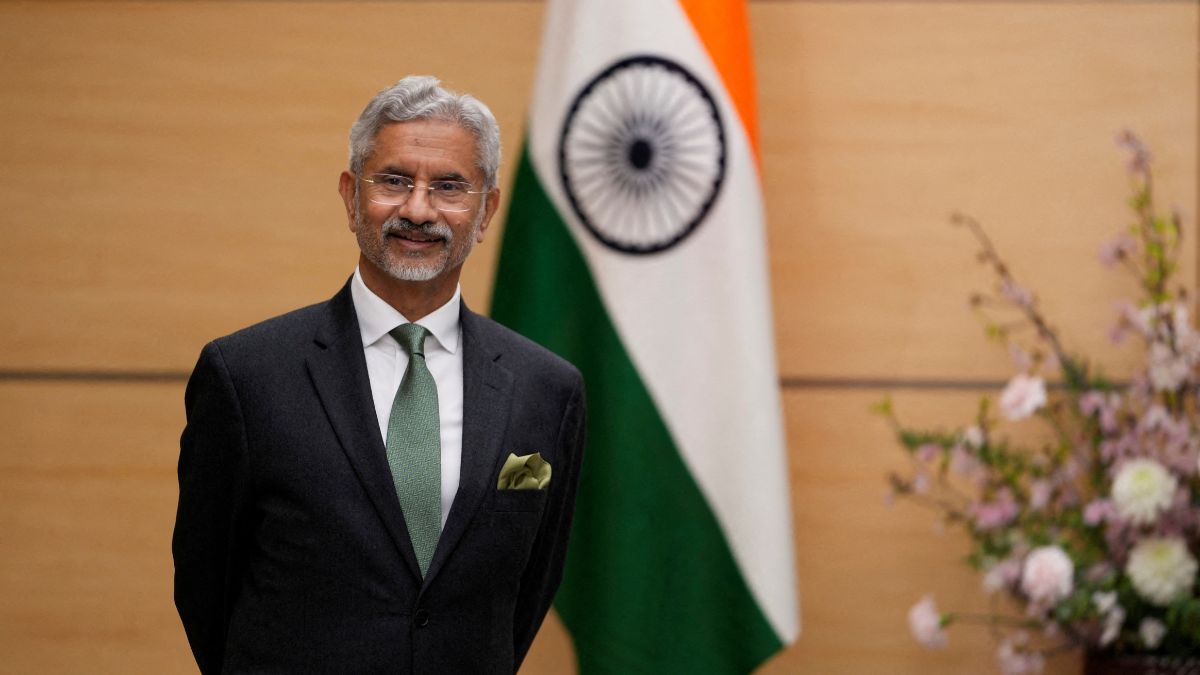)
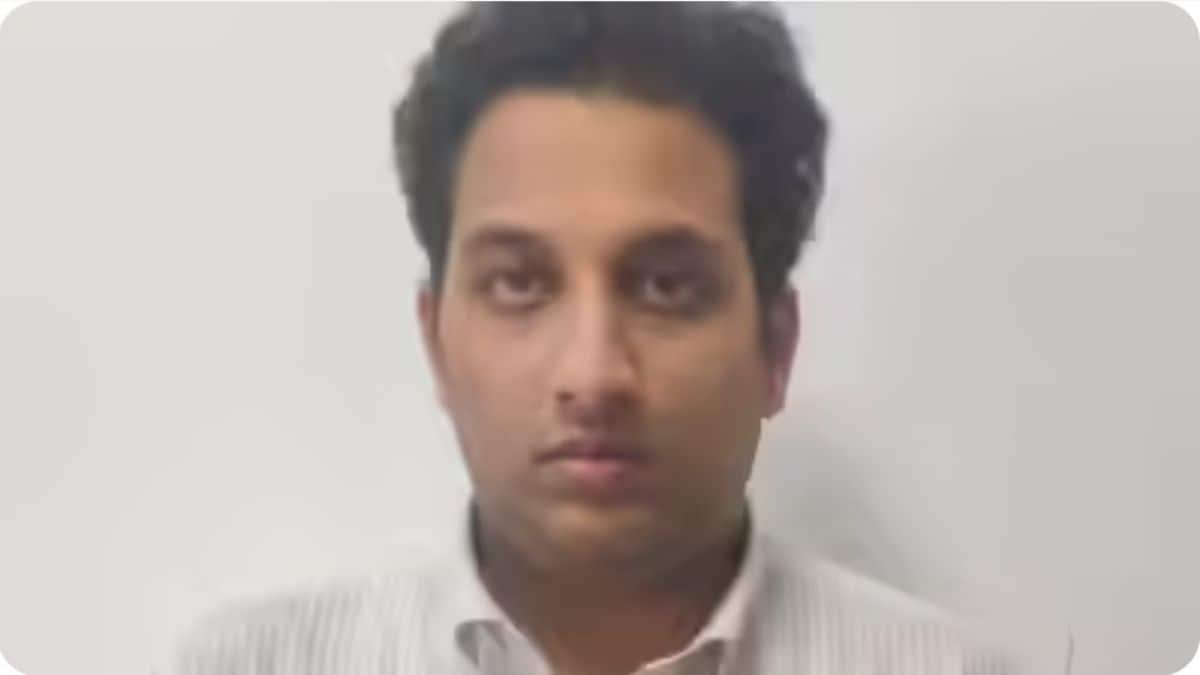
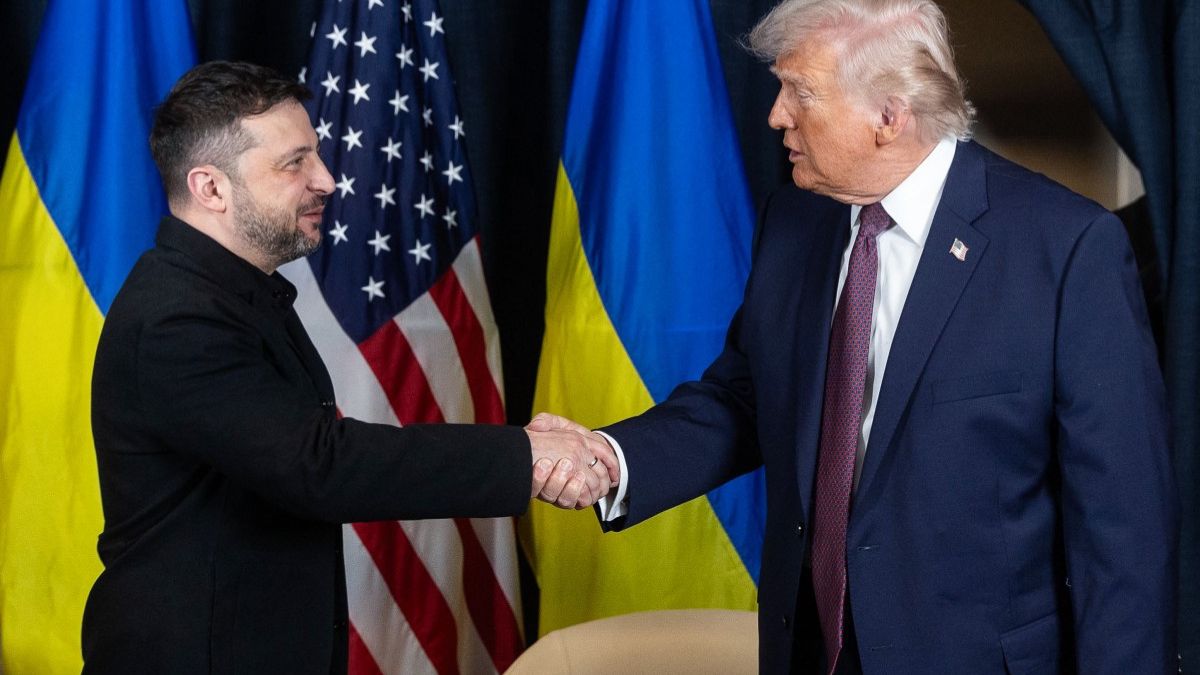)
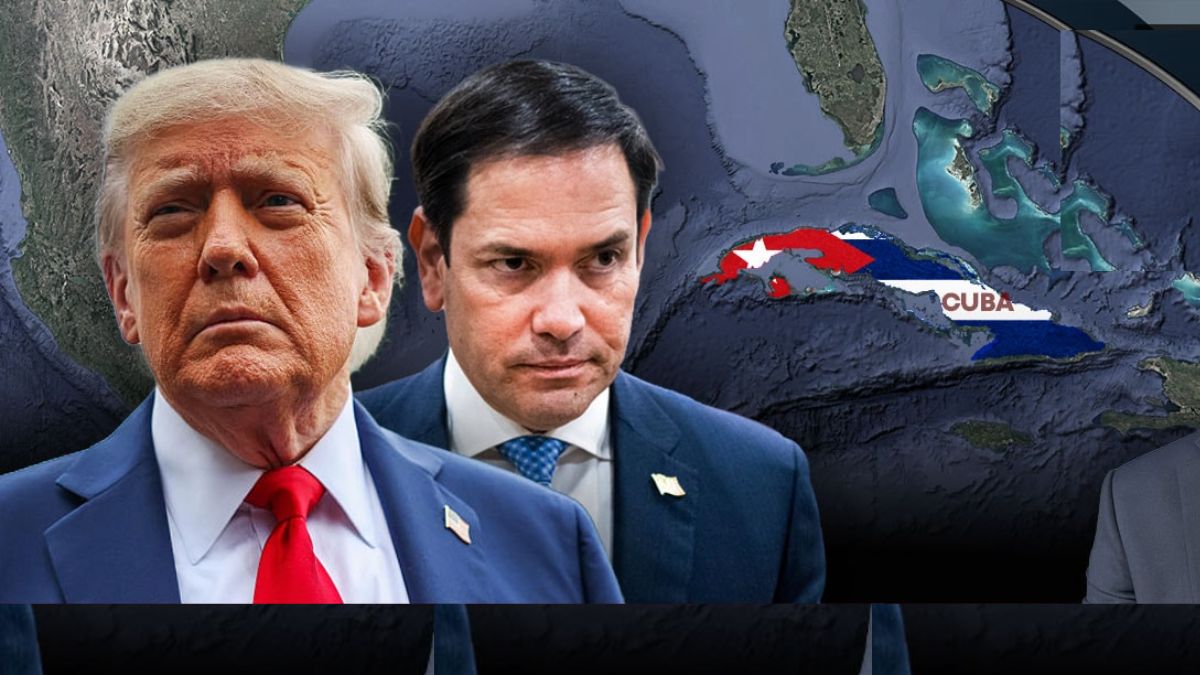)
)
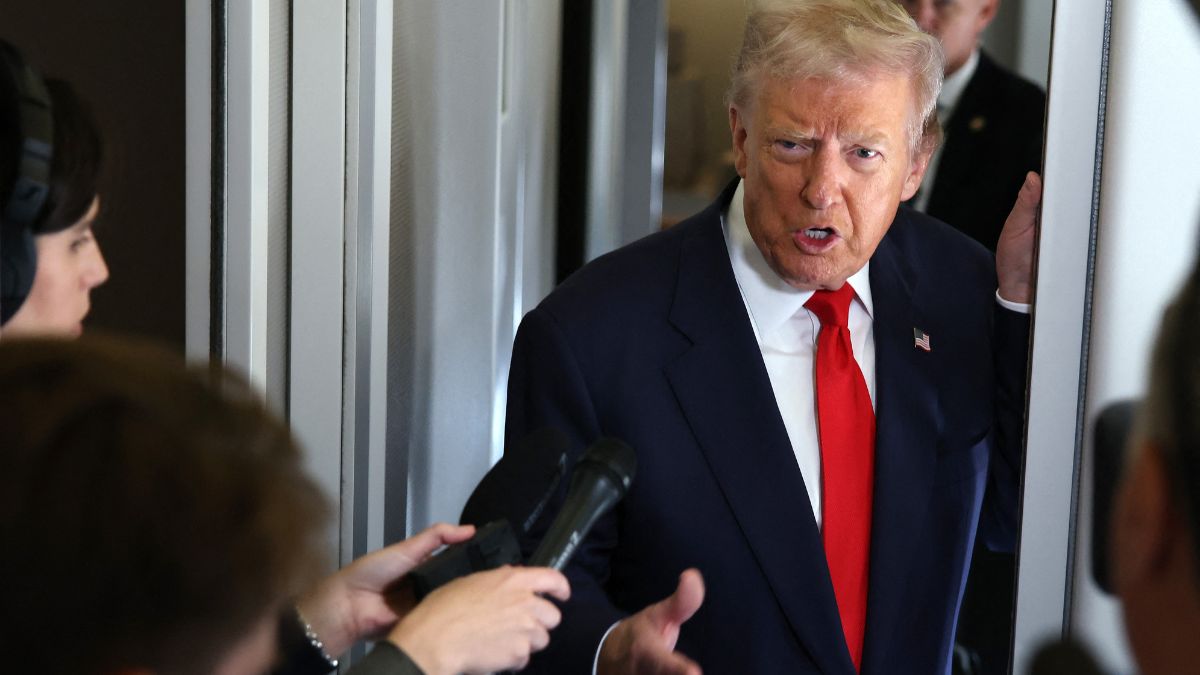)
)
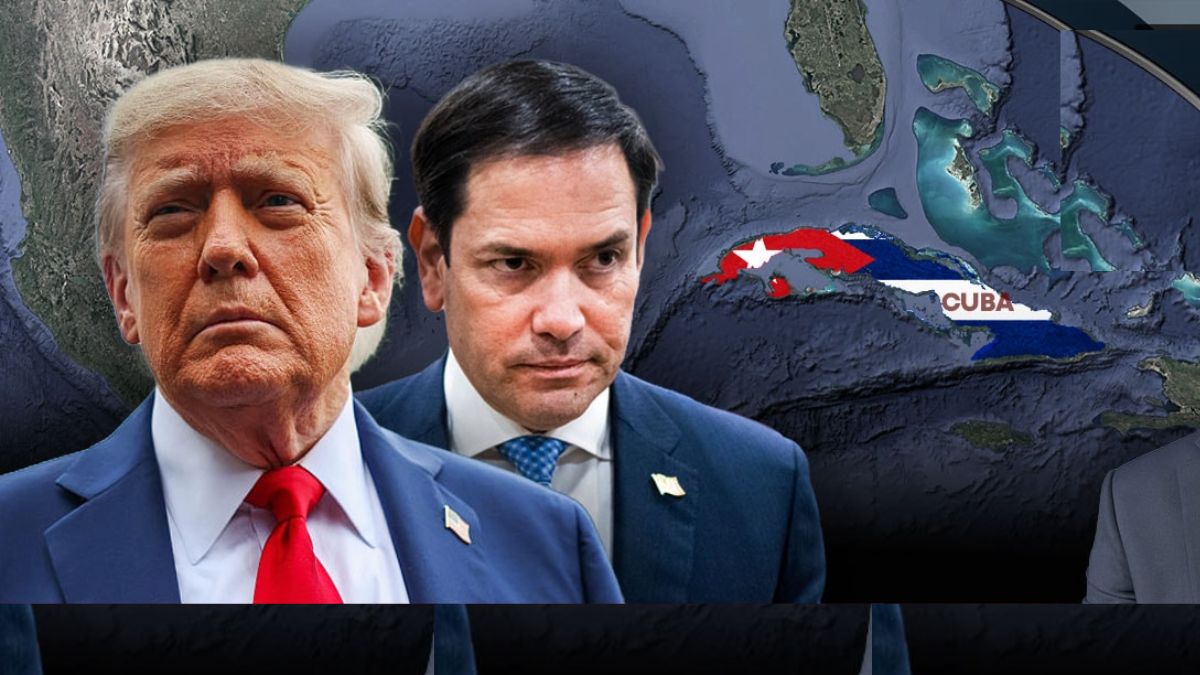)
)
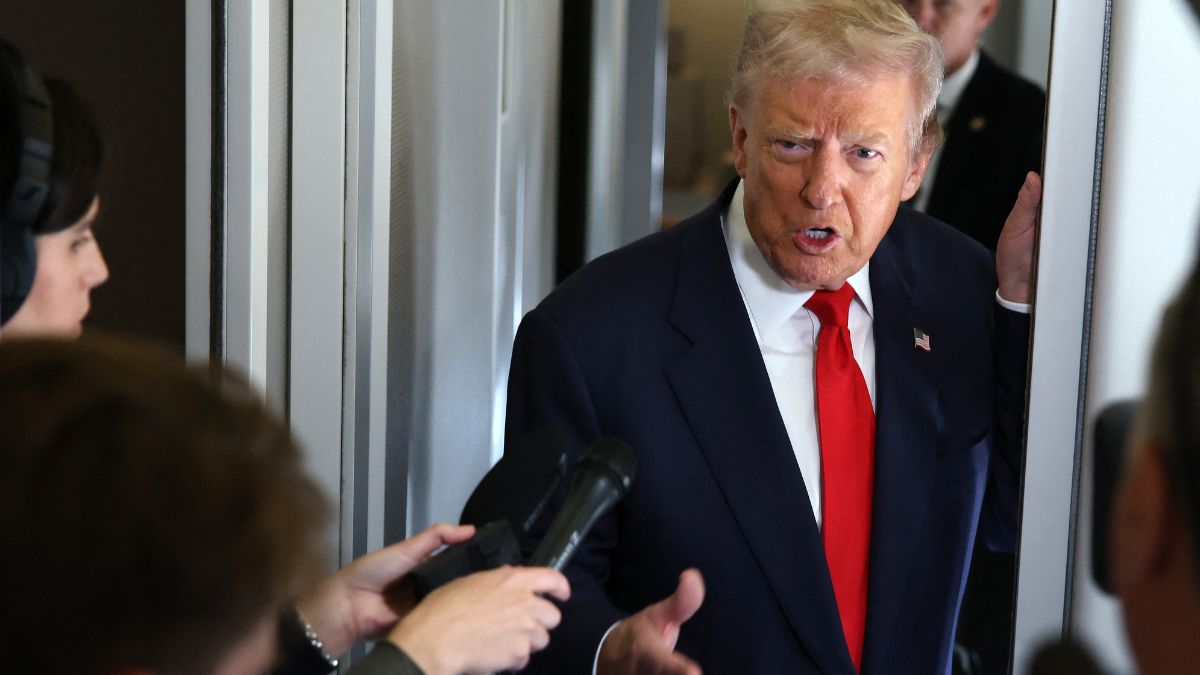)



